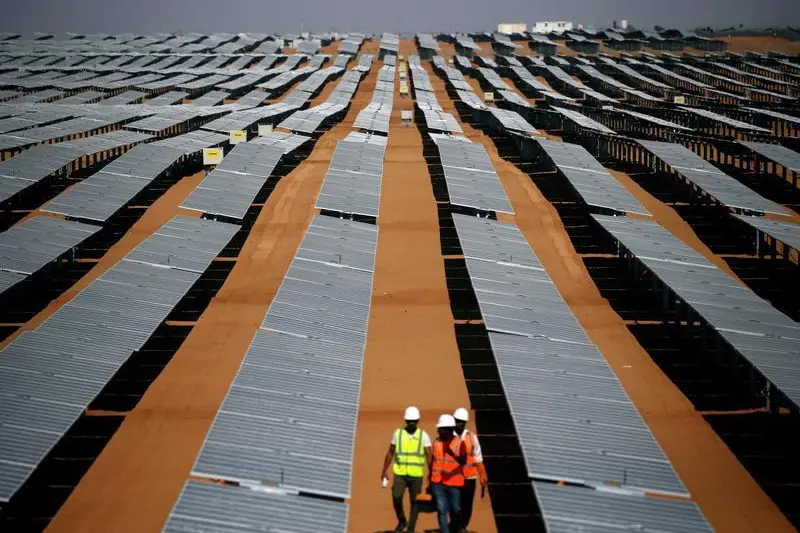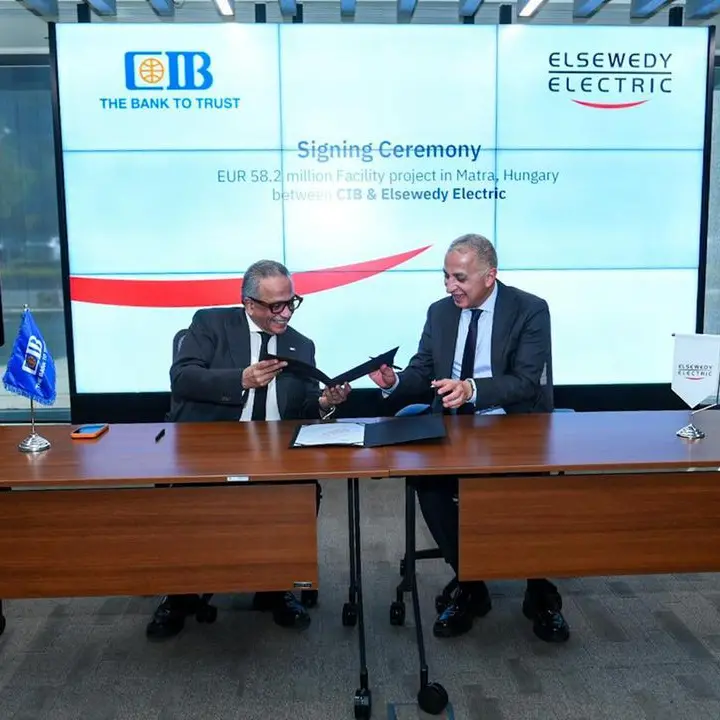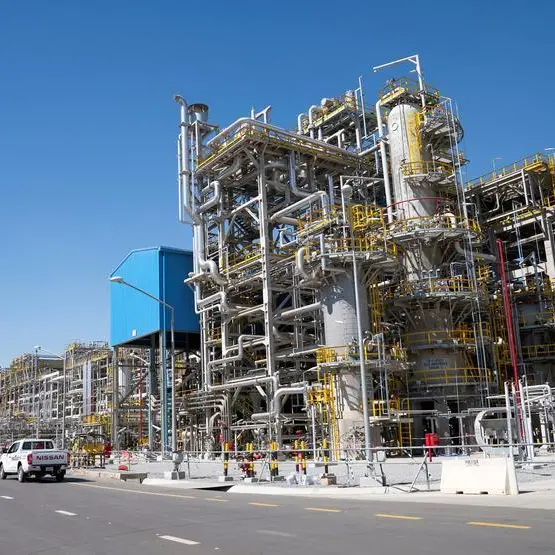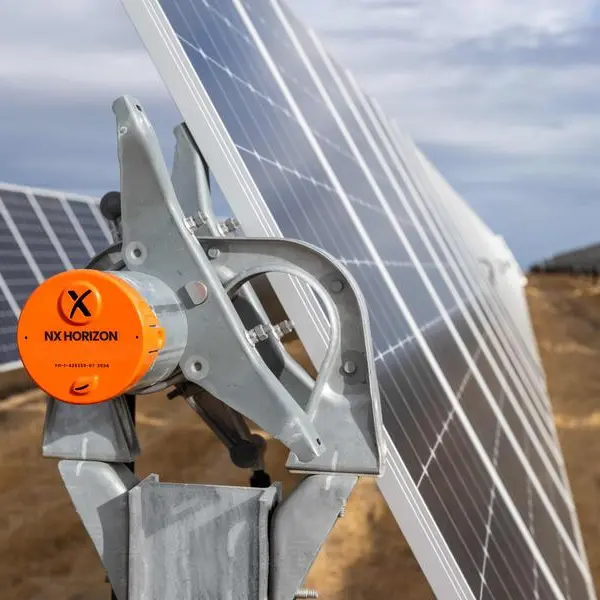PHOTO
Egypt’s government-led Nexus on Water, Food and Energy (NWFE) platform, which is part of the country’s national climate change strategy 2050, has secured international support from international consortium for its Energy pillar.
The European Bank for Reconstruction and Development (EBRD), the lead partner on the NWFE energy pillar, said in addition to the US and Germany, the consortium includes the European Commission, France, the Netherlands, Denmark and the United Kingdom.
In his COP 27 address, US President Joe Biden had announced a $500 million package, alongside the EU and Germany, to finance and facilitate Egypt’s transition to clean energy.
“This package will enable Egypt to deploy 10 gigawatts (GW) of renewable energy by 2030, while bringing offline 5 GW of inefficient gas-powered facilities, reducing emissions in Egypt and power sector by 10 percent,” President Biden said, adding that the US will also work with Egypt to capture nearly 4 billion cubic metres of gas, which the country currently flares, vents, or leaks from its oil and gas operations.
The EBRD statement cited US Special Presidential Envoy for Climate John Kerry as saying that the US, with the Germany, is committed to providing concessional financing to get the Egypt’s first 10 GWs done “quickly and cost effectively.” He added that Egypt has agreed to quadruple its deployment rate and reflect that in revised nationally determined contributions (NDC).
The statement said NWFE energy pillar is expected to unlock at least $ 10 billion in private investment to install 10 GW of solar and wind energy by 2028, retire 5 GW of inefficient fossil-fuel capacity by 2025, and reduce an estimated 17 million tonnes of CO2 per year.
It said the initiative is planning to deploy more than $300 million in grant and concessional finance from the European Commission, France, the Netherlands, Denmark and the United Kingdom, as well as donors to the EBRD’s high impact partnership on climate action (Austria, Finland, the Netherlands, Spain, Switzerland, the TaiwanICDF and the United Kingdom). Additionally, the EBRD has committed $1 billion of private renewable finance, $300 million in sovereign finance and grants of $3 million from its shareholder special fund for the pillar.
Meanwhile, EIB has committed new investments worth €400 million ($410 million) to the water sector in the framework of the NWFE programme, according to a Zawya Projects report.
In a separate statement, EBRD said that Egypt has re-confirmed its aim to accelerate deployment of renewable energy by bringing forward its 42 percent renewable electricity target from 2035 to 2030. Since 2012, the bank has been part of the flagship Benban solar park development, investing more than $1.1 billion in 16 photovoltaic solar plants with a capacity of 750 megawatts (MW), which is more than half of the park’s 1,465 MW contracted capacity.
(Writing by P Deol; Editing by Anoop Menon)





















